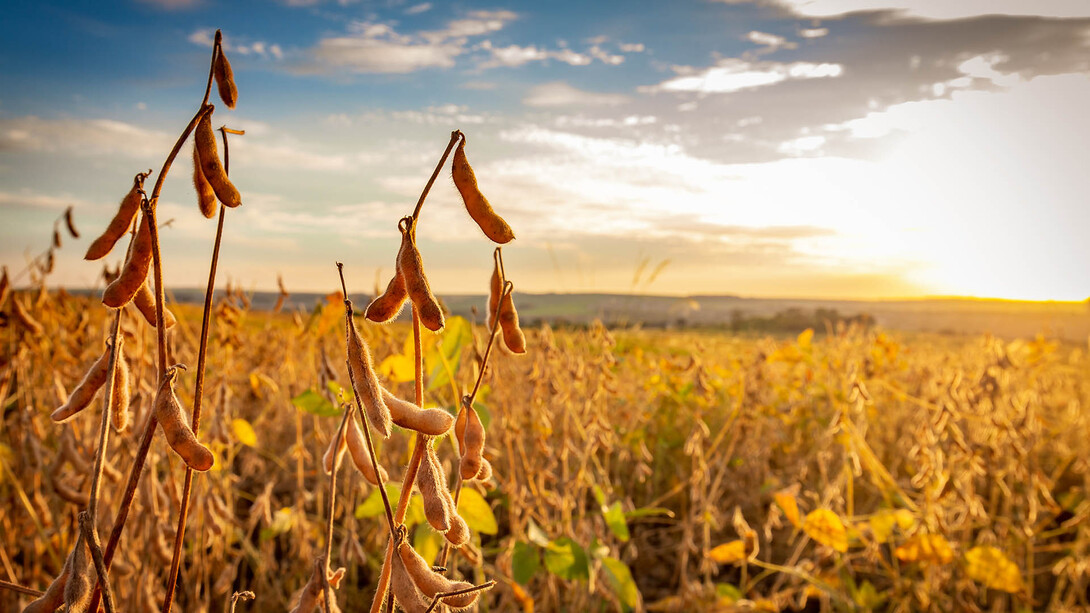
Water and food security are two of the most pressing issues facing the world today. With a growing population, growing demand for resources and increasing disruptions to water and food systems, it is vital to find sustainable and practical ways to overcome these challenges.
The Daugherty Water for Food Global Institute is uniquely positioned to advance water management for greater food security. By leveraging the world-class research at the University of Nebraska; the state’s expertise in agricultural and water resource management; and private sector partnerships, the institute is making progress on a more water- and food-secure future.
In its recent annual report, the institute demonstrates the impact this effective combination has achieved in the state of Nebraska and around the world.
This past year, the institute worked with both local and global partners to:
- Find sustainable ways to retain crop yields amid an ever-changing climate and water scarcity
- Explore the best solutions for smallholder farmer irrigation and entrepreneurship in sub-Saharan Africa
- Reach local communities in Nebraska with research that could affect their health through the Water, Climate and Health Program
- Develop a new decision-support tool for farmers that is easy to use and provides both long- and short-range guidance for water and nutrient application to crops
- Assist water managers in meeting local water needs
- Help the U.S. Department of Energy validate carbon credits of growers for future carbon markets
- Host nearly 450 in-person attendees at the tenth Water for Food Global Conference, in addition to many others joining virtually. Speakers included Land O’Lakes President and CEO Beth Ford, World Water Council President Loïc Fauchon and International Water Management Institute Director General Mark Smith.
Additionally, the institute was re-elected to the World Water Council for another three-year term, furthering the institute’s opportunity to ensure that food and water security have a presence on the global stage.
“Now well into our second decade as an institute, DWFI’s mission is more important than ever,” said Peter G. McCornick, executive director of the institute. “We are dedicated to finding innovative solutions to water and food security by leveraging our collaborative projects, convening partners in a meaningful way and expanding our research and outreach activities. In the past year, we have seen marked progress toward our impact and by continuing to work together, we can create a more sustainable future.”
The 2022-2023 annual report can be found online.







